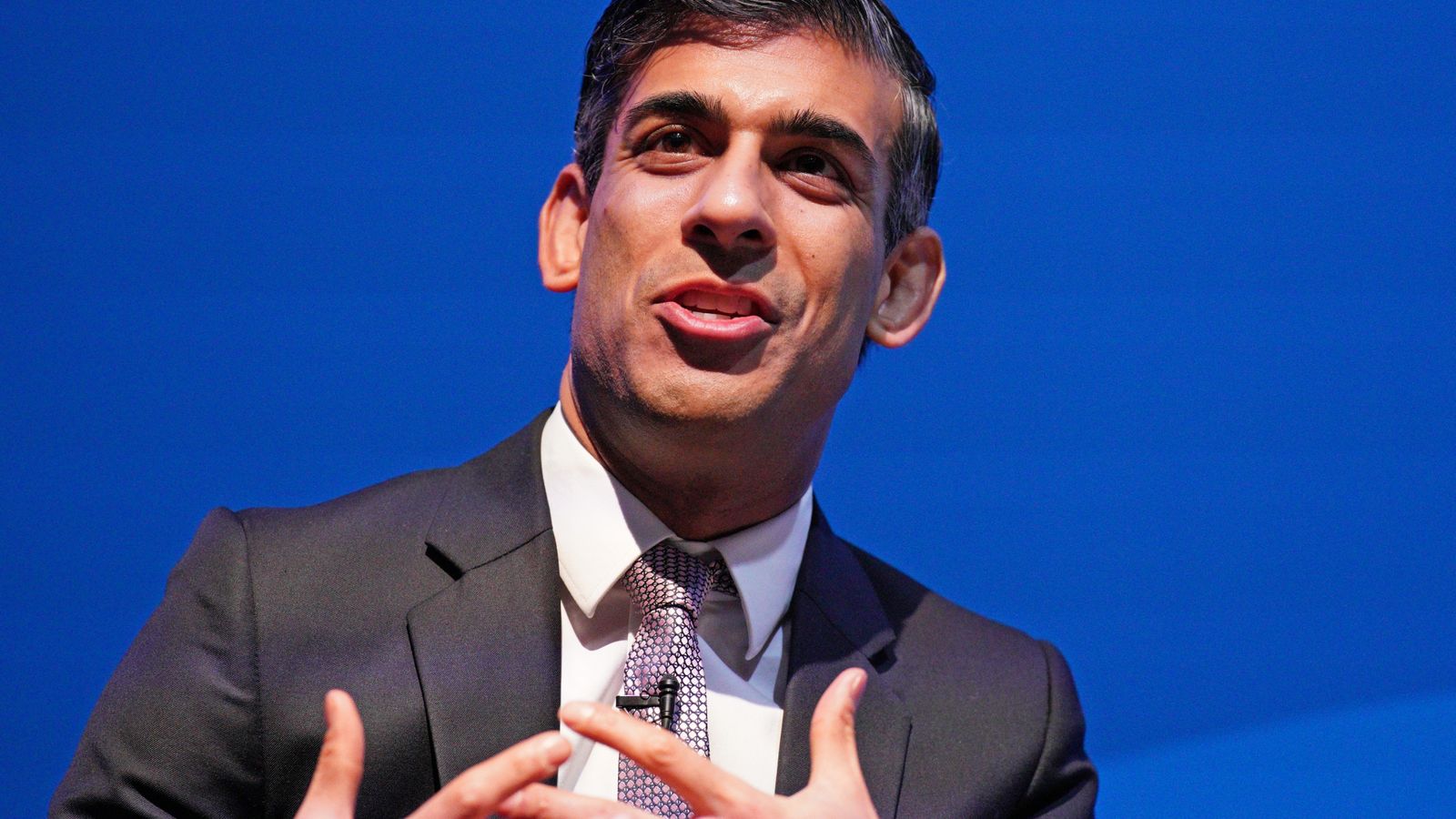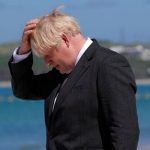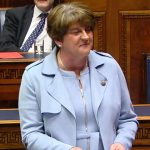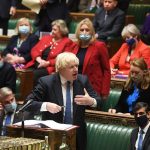Rishi Sunak is under pressure to take action over Britain’s cost of living crisis when he delivers his spring statement on Wednesday.
Reports suggest a 5p cut in fuel duty and an increase in the national insurance threshold are on the cards as UK households face an income squeeze that is being exacerbated by the Ukraine war.
Here’s a summary of what to expect, why Mr Sunak is being urged to act and what he might do.
What is the spring statement?
The chancellor will present the latest updates from the Office for Budget Responsibility (OBR) on the state of the UK economy and public finances.
Those forecasts are likely to show GDP growth and government borrowing are being buffeted by the impact of the war in Ukraine.
For households it is the impact on fuel prices and energy bills that is hurting most – leaving Mr Sunak facing calls to take concrete action.
Downing Street parties: Police send more than 100 questionnaires and begin interviews over ‘lockdown breaches’
P&O Ferries: Calls for the government to begin ‘criminal action’ amid ‘shameful’ shock firings last week
Sir David Amess murder trial: Terror suspect killed MP in ‘frenzied attack’ after targeting Michael Gove, court hears
Why is the chancellor being urged to act?
Prices are rising at the fastest pace in three decades and wages are not keeping pace – adding up to an intensifying squeeze on households that some experts think could be the worst since the 1970s.
The Ukraine war has exacerbated existing pressures, pushing up global oil and gas prices.
That has taken fuel costs for motorists to record highs and is likely to mean a further sharp hike in household energy bills in October, even after a 54% rise for millions of households next month.
As a result of the invasion, the Bank of England now thinks inflation will top 8% in April and go even higher in the autumn.
What might Mr Sunak do?
FUEL
Reports suggest that with fuel prices at record highs – hitting 167p per litre for petrol and 179p for diesel on Monday – the chancellor will cut fuel duty, which represents 57.95p of that sum, by 5p.
Mr Sunak said over the weekend that he would “stand by” squeezed households and acknowledged that pump prices were “one of the biggest bills people face”.
Labour has said it would back such a move though it wants the government to go further in tackling the cost of living crisis.
NATIONAL INSURANCE
The chancellor looks set to resist pressure to scrap a planned 1.25 percentage point increase in national insurance contributions, which will raise £12bn a year for health and social care.
Instead, reports suggest he will cut the threshold for starting to pay the tax, currently at £9,600 and due to rise to £9,900 in April.
The Centre for Policy Studies, a think tank, has calculated that increasing that threshold to £11,284 would save workers who own £27,500 or less from incurring a real terms tax rise of £182.
ENERGY
Mr Sunak last month announced a £9bn package to offset about half the energy bill rises facing households next month.
But the Institute for Fiscal Studies (IFS) has calculated that a typical worker will be even worse off – by £300 – following the latest spike in gas and oil prices.
If the chancellor still wants to halve the increase in energy bills it will cost him another £12.5bn, the IFS says.
The prospect of cutting VAT on energy bills was ruled out by Business Secretary Kwasi Kwarteng last month.
Labour has called for a windfall tax on energy companies – whose profits have been boosted by soaring oil and gas prices – to pay for cost of living help for households.
Please use Chrome browser for a more accessible video player
BENEFITS
Benefits including the jobseekers’ allowance are expected to rise by 3.1% in April – well behind the expected inflation rate of 8%.
The Resolution Foundation argues that adding five percentage points to take the benefits hike to 8.1% would be the most effective way to support the hardest hit households.
Other measures such as cutting the national insurance threshold or cancelling the hike entirely would see much of the gain going to wealthier homes, it said.
VAT
The government cut VAT for the hospitality sector during the pandemic and it remains at a reduced rate of 12.5%.
It is due to return to 20% in April but industry groups have called for it to remain lower for longer to benefit jobs.
Watch and follow the chancellor’s spring statement on Wednesday from 12:30 on Sky News






















